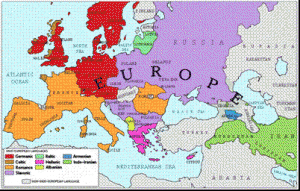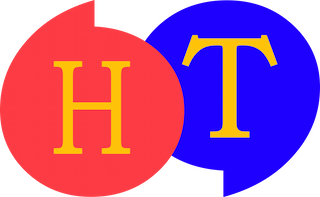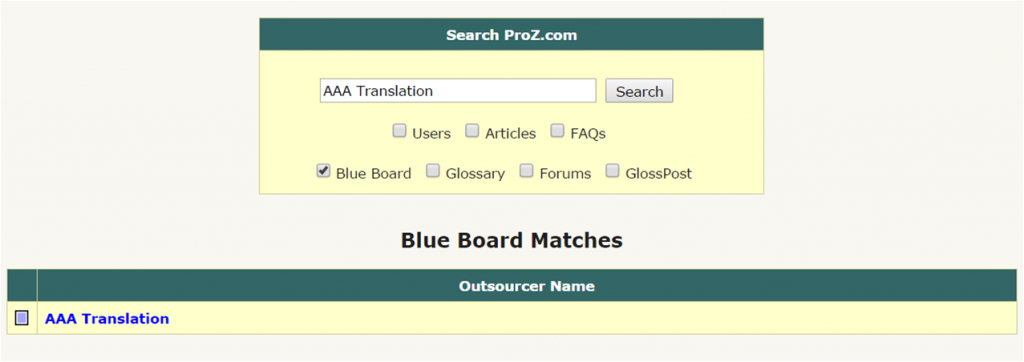Though few and far between, language geniuses do exist. I’ve met a couple of them in my lifetime. I feel envious and in awe of their abilities at the same time. It’s easier for them to learn new languages, and though I can’t be certain, they seemed fluent in all their languages. It is also true that there are some translators working in several language pairs.

When it comes to translation business, however, there’s no need to be envious of these geniuses. Knowing several languages is definitely something to be proud of, and it comes with advantages for sure. However, you only need to understand one foreign language in depth to run a translation business. Select one foreign language (your second language) and concentrate on it. Wise people often suppress some of their talents on purpose to focus on their best and most promising talent.
[bctt tweet=”Wise people often suppress some of their talents on purpose to focus on their best and most promising talent.” username=””]
When you first teach a child music, you lay out several different instruments and genres before them to see which ones are best suited to the child. Eventually, though, the child must choose between the piano and the violin, between jazz and classical music, etc. so that he or she can focus on one. The same applies to languages. It’s one thing to speak several languages well enough for travel. But if you depend on your language skills to make a living, you need to be at a much higher level. To run a profitable translation business, the translator must be fluent with a really good command of that language.
I’ve studied English for several decades, but I still think to myself every day that I still have a really really long way to go. There are things I still don’t understand when I watch movies. Sometimes I say to myself, “I probably wouldn’t have understood this if I’d come across it last year!” Even writing this article, I had to look up things to be certain whether or not an article is needed before certain nouns.
Besides, to truly know a language, you must know more than words and sentences. You need to understand the history, culture, customs, news, and new trends surrounding that language. Not only that, if you are going to specialize in a certain field in your translation business, there is not much room to roam about to hone your third language skills.
I think it’s important to choose one language you feel the most confident in and focus on developing that skill in order to run a translation business efficiently.

What do you think?








